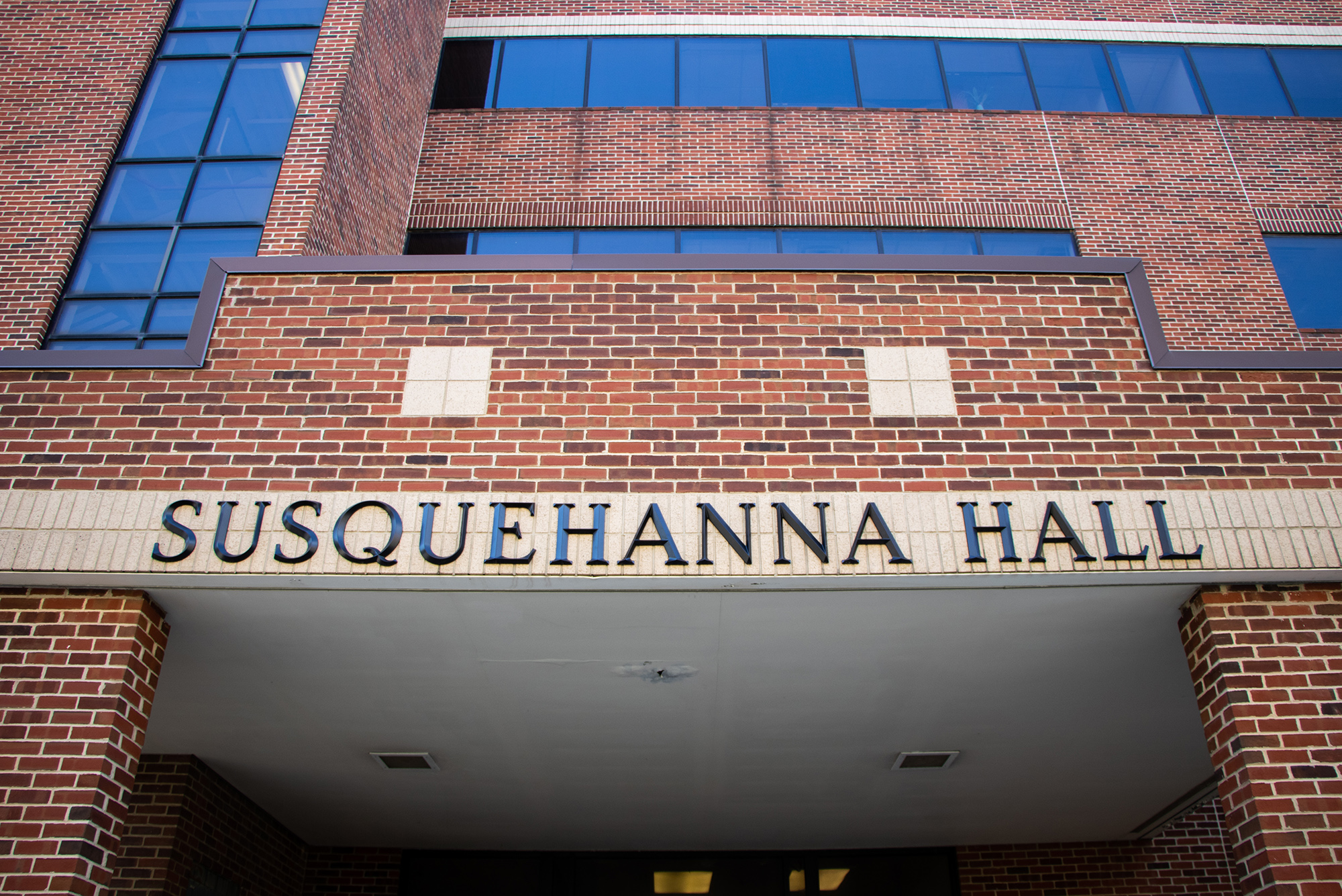The University of Maryland saw a decrease in sexual misconduct reports, complaints and investigations in the 2018-19 academic year — the first time ever all three categories have dropped in the same year.
The university’s Office of Civil Rights and Sexual Misconduct released its annual report Wednesday, which shows the lowest number of investigations conducted since the office was founded in 2014. It’s also the first time the number of reports and complaints have decreased.
In the 2018-19 academic year, the office fielded 248 reports of sexual misconduct and 77 formal complaints, down from 249 reports and 91 complaints the year before. The number of complaints is the fewest since the 2015-16 academic year.
While a “report” represents any notice of potential sexual misconduct received by OCRSM, a “complaint” reflects situations in which a student chooses to engage the university to address the incident.
Grace Karmiol, OCRSM’s director and the university’s Title IX coordinator, attributed the decrease in reports and complaints in part to the office’s increased visibility on campus. She said various measures — bystander prevention training and class discussions, among others — have increased awareness on campus.
“All these other things that we’ve done is really helping decrease the number of sexual misconduct cases that exist in our campus community,” Karmiol said.
[Department of Education releases new Title IX guidelines amid coronavirus closure]
The university conducted 14 investigations of sexual misconduct complaints in the 2018-19 academic year, down from 16 the year before. This is the second year in a row where there has been a decrease in investigations.
Of the 14 investigations, nine have been officially completed. The outcomes of the remaining five will be released in next year’s report. In addition, four investigations opened in the 2017-18 year were completed.
In total, nine students were found responsible for some sort of sexual misconduct. Four students were found responsible for Sexual Assault I, which the university describes as rape. Two of these students were expelled, and two were handed suspensions.
In addition, one student was expelled for sexual exploitation, and two more were suspended — one for sexual exploitation and Sexual Assault II, which the university describes as “unwanted touching of intimate body parts,” and the other for Sexual Assault II.
Penalties are assessed on a case-by-case basis, Karmiol said. The university looks at many factors, including the type of infraction and the respondent’s history of infractions, she added.
“There’s no specific formula for how to determine a sanction,” Karmiol said. “We look at each case extremely thoroughly to determine what the appropriate sanction should be in that case.”
[UMD campus advocates worry about emotional impact of virtual sexual misconduct hearings]
There was also an increase in complainants not wanting to move forward with a formal investigation. In last year’s report, about 32 percent of complainants decided to not move forward, compared to about 62 percent this year.
A complainant may choose to pursue other campus resources instead of moving forward with an investigation, including mental health support, Karmiol said. A complainant may also receive academic accommodations or a no-contact order.
“We want to make sure that students are empowered to choose how they want to proceed,” Karmiol said. “In many cases, that might be simply to seek out the resources that we let them know exist on campus and in the community.”
The way the university conducts sexual misconduct proceedings will soon change. In May, the U.S. Department of Education released new Title IX guidelines critics say could decrease the number of reported incidents of sexual misconduct.
Under the guidelines, which take effect Aug. 14, colleges are required to hold live hearings that allow for the cross-examination of both the accuser and accused — a process that many believe could prove traumatizing for survivors.
Karmiol said that while the number of students coming forward will likely not change as a result of the guidelines, there could be fewer investigations. When the guidelines go into effect, universities will implement new policies and procedures, she added.
“I do believe that the new regulations may have a chilling effect on some complainants,” she said. “I’m hoping that it doesn’t … We remain committed to preventing and remedying all the effects of discrimination and sexual misconduct.”



